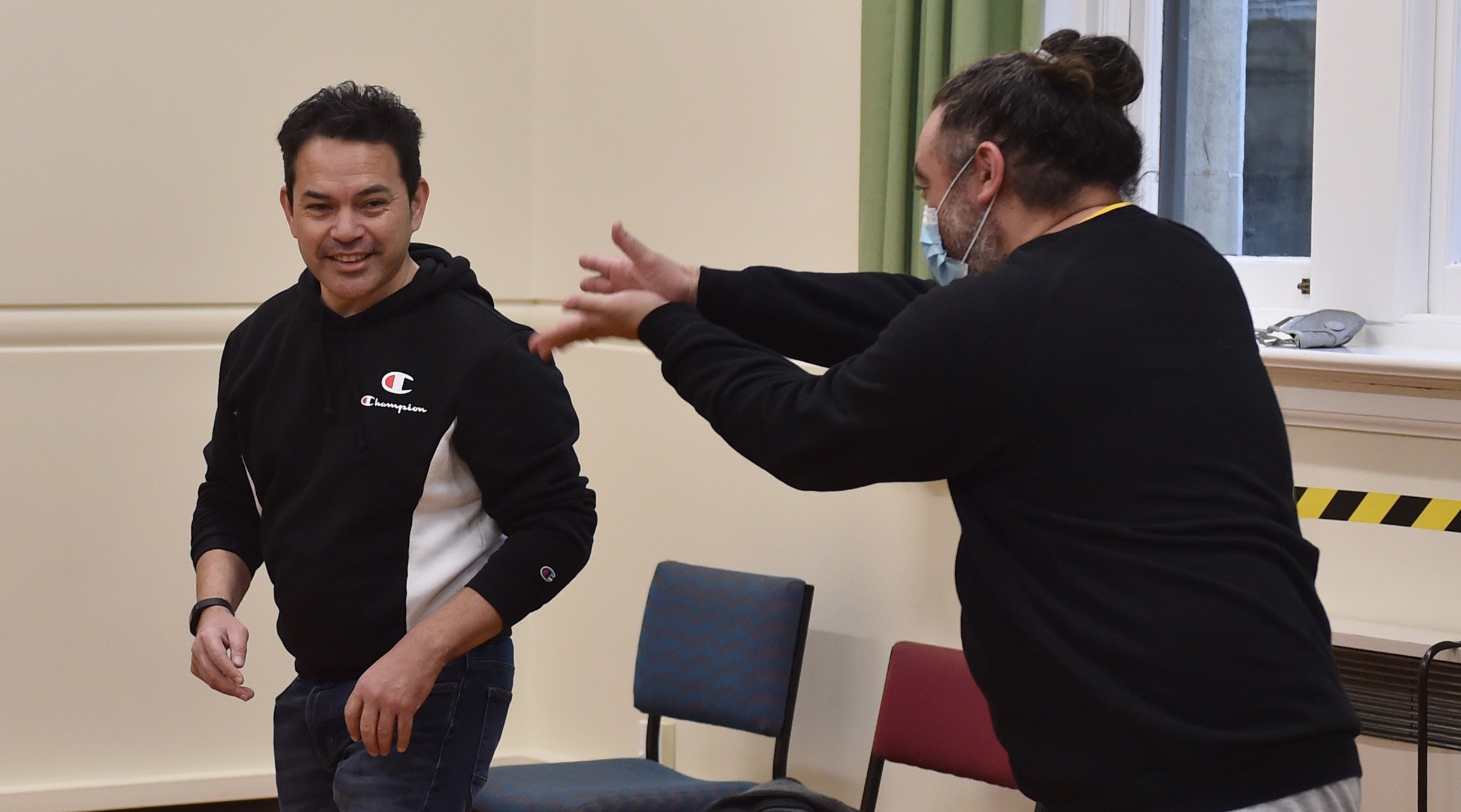
Treading the boards again for the first time in years has been exhilarating and nerve-racking for Albert Belz.
"I don’t get to do it a lot, but thanks to the residency I had the time to, not just produce, but get back on stage again and dust off some serious cobwebs.
"It was really awesome. After opening night it was just like oh, we’re having fun, and I forgot about that opening night. It was too long away, I think."
The play, Skin Hunger, by his friend dancer and actor Tatiana Hotere, was performed for this year’s Auckland Fringe Festival where it won an award for the play most ready to tour. He hopes they will be able to tour the play about a woman overcoming her grief for her husband early next year.
"It won a lot of gongs — I’m really excited about it. We loved it so much, we can’t wait to jump back into it."
It was just one of the projects Belz (Ngati Porou, Nga Puhi, Ngati Pokai) was able to do this year thanks to the Robert Burns Fellowship which provided him with an income and support for 12 months.
"I had a couple of projects I wanted to attack."
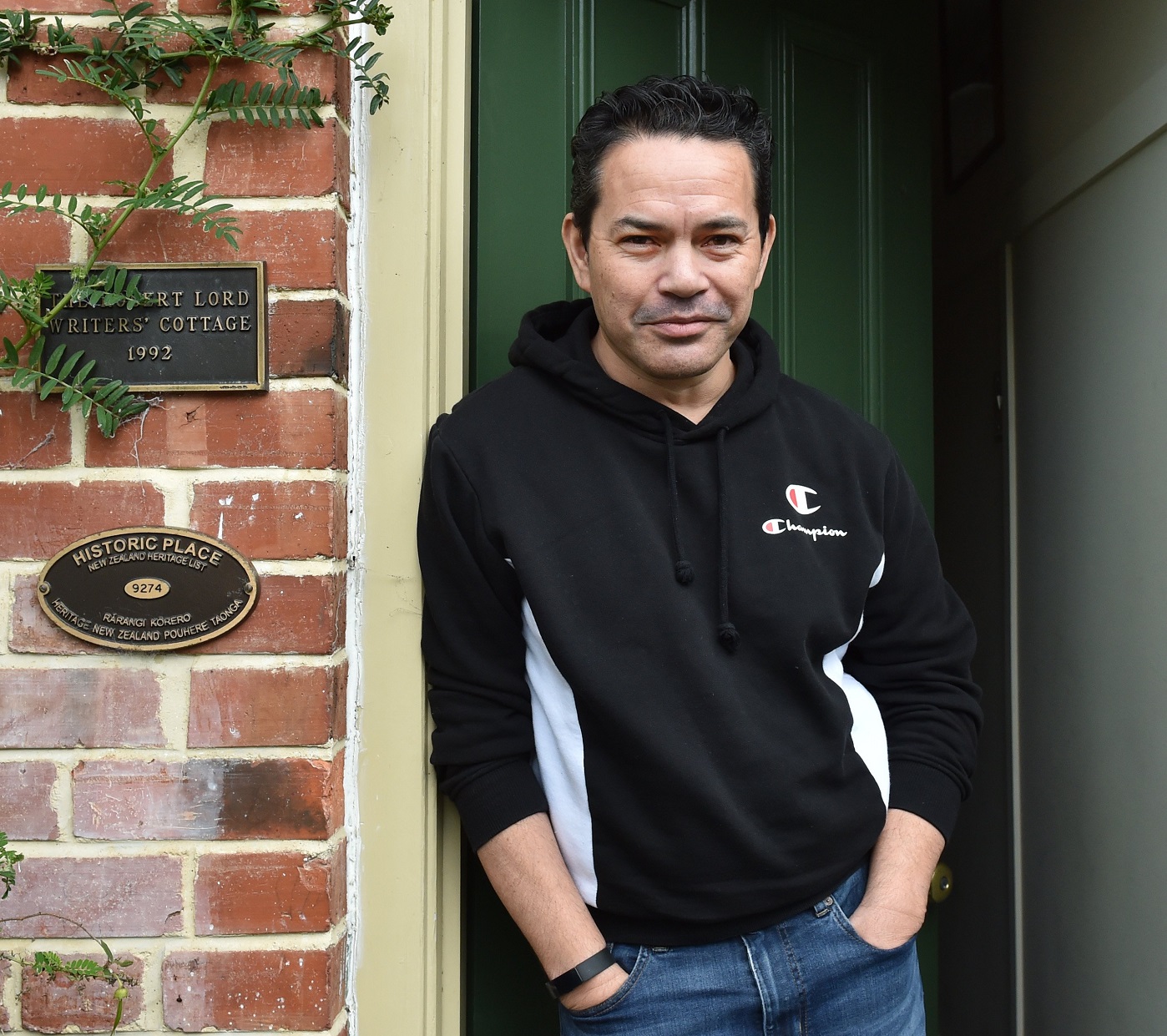
"It gave me pause for thought. I really wanted to continue working on my own material."
So the fellowship gave him the opportunity to work on a sequel to his popular Astroman play, which was loosely based on growing up in his own whanau in Whakatane, and produced by Melbourne Theatre Company and The Court Theatre in Christchurch in 2018-2019.
"It was wonderful to see that come to life — hugely satisfying and lots of fun, too."
Like Astroman which drew on ’80s nostalgia, Haka Queen will draw on the ’90s and mix comedy with hints of drama.
"Astroman was full of beautiful ’80s cheese and I wanted to capture the beautiful ’90s cheese that I grew up in, from when I started going clubbing and all that other wonderful rubbishy stuff that you do with your life."
The play pulls out a character from Astroman, a young girl who wants to dance and follows her journey.
"She’s a little bit older and wants to get into dance school but doesn’t and with another friend discovers the beauty of aerobics and aerobics championships.
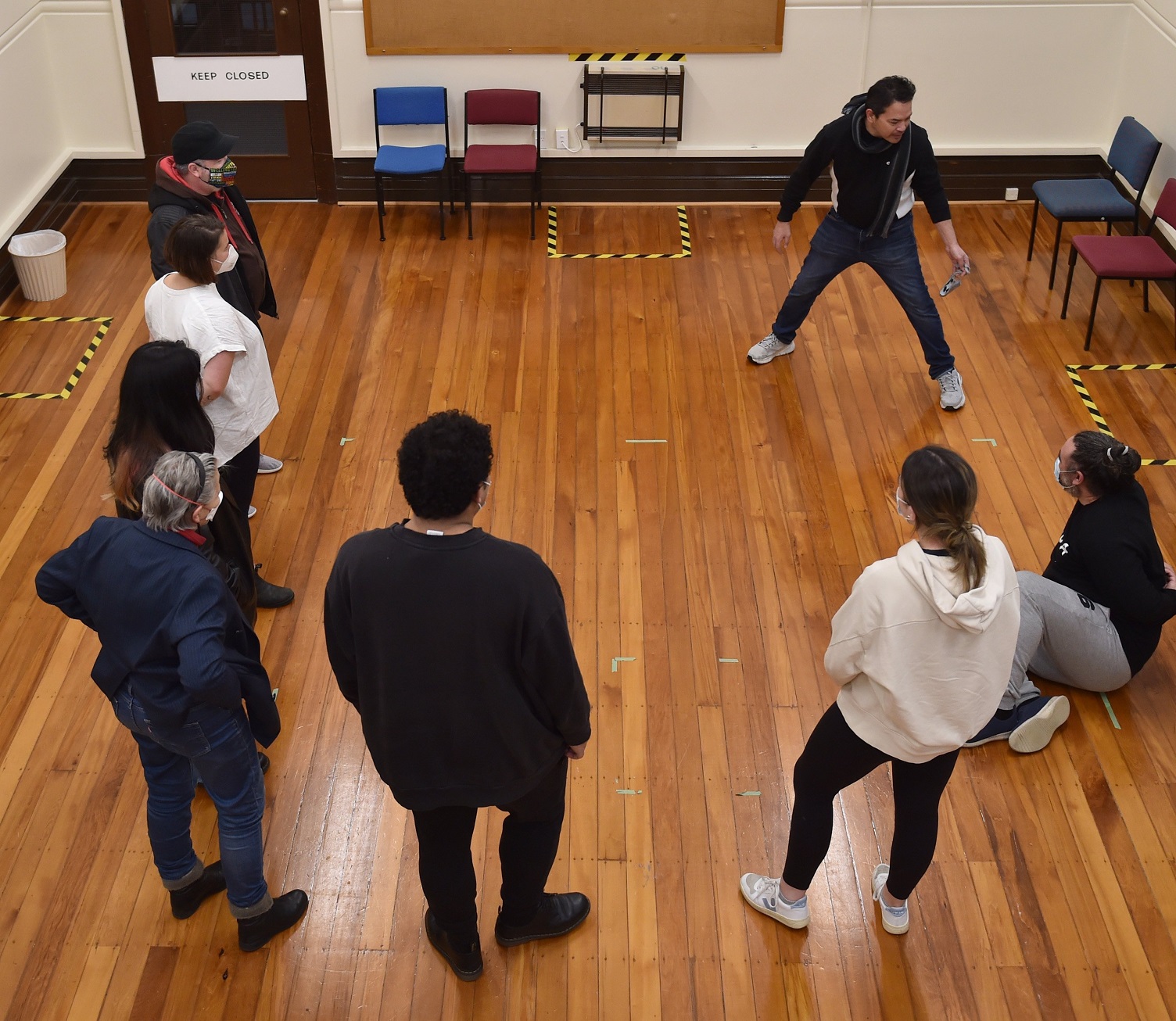
He hopes his time staying at the Robert Lord Writers’ Cottage surrounded by students might have seeped into his writing.
"I’ve been sponging off their energy, hearing the conversations. I’m hoping to god this young woman I’m writing about in the play is still relevant and being about to capture the youth in her voice."
It is the type of writing Belz really enjoys especially after being "weighed down" working on a few dramas. He recently finished writing for television series Head High.
"It’s nice to cut loose and have a laugh."
Belz, who started out as an actor, has been writing plays since the late ’90s, early 2000s.
"All the acting work dried up for me so I thought I’d write a play for myself and a friend and it just bit me."
While in Dunedin, with the help of the University of Otago’s theatre department, he was able to workshop the play and complete two drafts. Their help and resources had made his year so easy.
"Hopefully that will be up and running in a couple of years. These things take while. It’s an epic piece which will take a lot of actors."
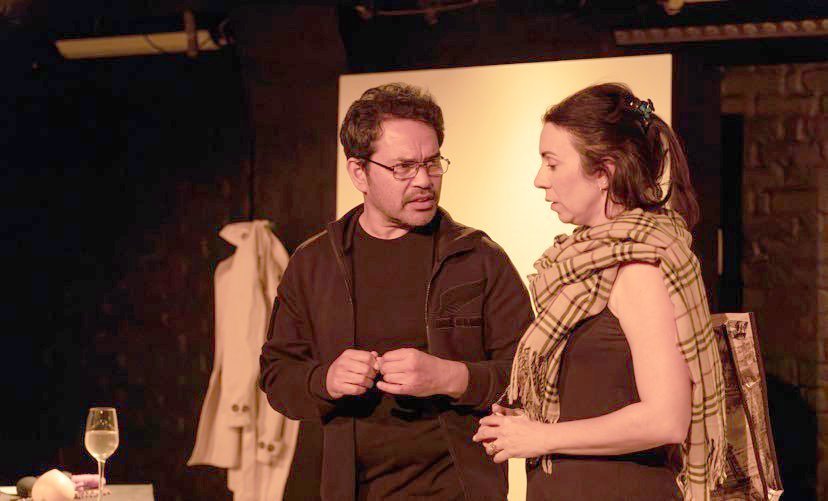
"I’m keen to get off the ground sooner rather than later. I wouldn’t have focused on it so much had it not been for the residency. It gave me time to put into something that might not come to fruition, depending on how things go, with film being so touch and go."
He has written horror plays before such as Cradle Song, a horror set in southwest Ireland, which won The Adam NZ Play Award for best play by a Maori playwright 2018.
But he acknowledges film requires a different mindset as the picture is just as important as the dialogue to help drive the story compared to the stage which is more dialogue driven.
"I much prefer stage writing purely as it captures the writers voice better, as with film and television you have producers and directors having much more of a say as the stakes are bigger but with theatre it is the writer and to a lesser extent the director."
One of his favourite plays is Yours Truly, a "Jack the Ripper piece", set in London in 1888 which he wrote in 2004 and won Chapman Tripp Theatre Awards for best New New Zealand play, and most original play amidst many other awards.
"I’d written a lot of, and still do, theatre with strong Maori themes, so just being able to escape to do something really diverse to what I’d normally do was really fulfilling. It allows you to take your imagination to another place and very dark place. It’s a very dark story."
When he first started writing, there was not much Maori theatre being performed and probably only one fulltime Maori production company.
"Now there is a lot more Maori work being put on and being encouraged to be put on. Most of the time I’m just telling stories that I know and go to and have answers for."
The fellowship has also enabled him to have some much-needed solitude to just write.
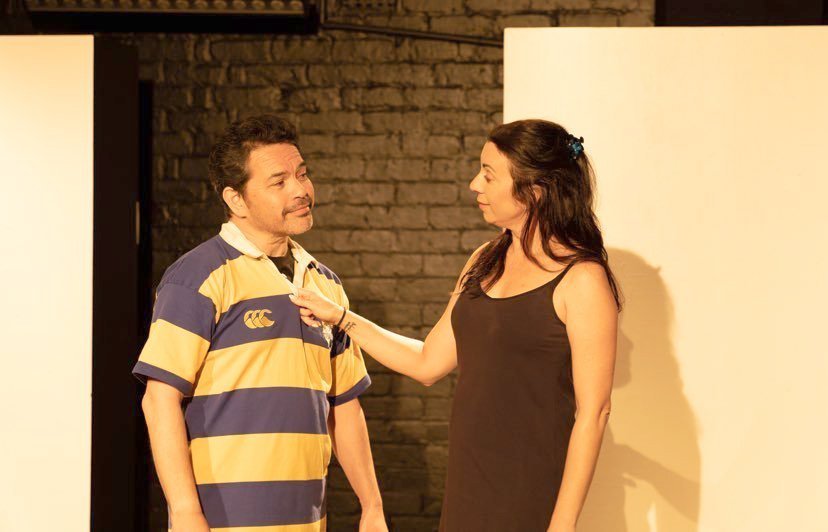
With long-time collaborator, director Tainui Tukiwaho, who visited him in Dunedin, he is working on a TV comedy series.
While most of their work to that date had been on Zoom, the visit enabled them to take a close look at the draft episodes they had drafted and written.
Jumping from one project to another could be a challenge but was just the reality of being a fulltime writer. It was also the beauty of it, he said.
"The silver lining is not getting bored ...
"If a project is not coming off pages as easily as I was hoping it would, it can get frustrating. I start looking for another project until I can crack what I’m working on."
As life returns to the new normal after Covid, Belz is starting to run workshops again, helping emerging playwrights with their work including via online courses.
"It is introducing what stage writing can look like and get feedback on their work."












